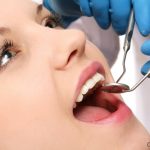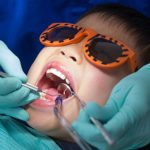How Long to Wait Before Smoking After Wisdom Teeth Removal: Expert Advice

Wisdom teeth removal is a common dental procedure that many people undergo at some point in their lives. After having these teeth extracted, patients often wonder how long they should wait before resuming their normal activities, including smoking. While it is important to follow your dentist’s specific instructions for aftercare, there are some general guidelines that can help you make informed decisions about when to start smoking again. Smoking after wisdom teeth removal can be particularly challenging because the act of inhaling and exhaling smoke can cause irritation and dryness in the mouth. This can lead to complications such as infection, dry socket, and delayed healing. Therefore, it is crucial to understand the risks associated with smoking after this procedure and take steps to minimize them. In this article, we will provide expert advice on how long to wait before smoking after wisdom teeth removal and offer tips for a safe and comfortable recovery.
Wisdom teeth removal is a common dental procedure that involves extracting the third molars at the back of the mouth. These teeth often cause problems as they grow, such as impaction, infection, or crowding of other teeth. The procedure is usually performed by an oral surgeon or a dentist under local or general anesthesia. After the surgery, patients may experience pain, swelling, and bleeding, which can be managed with painkillers and ice packs. It’s important to follow the aftercare instructions provided by the dentist, which may include avoiding certain foods and activities, taking antibiotics, and maintaining good oral hygiene. Smoking is not recommended after wisdom teeth removal, as it can slow down the healing process and increase the risk of complications such as dry socket. It’s best to wait at least 72 hours before smoking again and avoid smoking altogether if possible to promote optimal healing and reduce the risk of infection.
The healing process after wisdom teeth removal is crucial for a successful and speedy recovery. It is important to follow post-operative instructions given by your dentist or oral surgeon to ensure proper healing. Failure to do so may result in complications such as infection, dry socket, and prolonged pain. The healing process can take several days to a few weeks depending on the individual and their ability to care for themselves. It is also important to avoid smoking during this time as it can delay the healing process and increase the risk of infection. By taking the necessary steps to promote healing, patients can ensure a comfortable and speedy recovery.
Smoking and Wisdom Teeth Removal
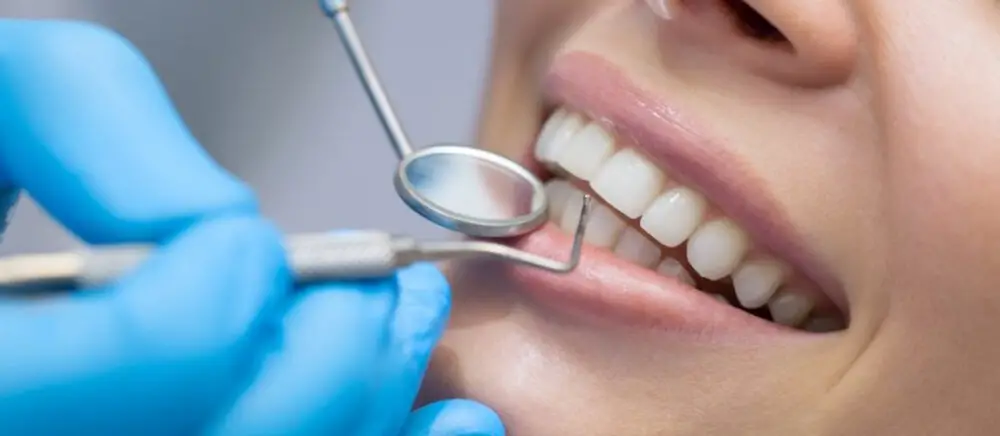
Wisdom teeth removal is a common oral surgery that many people have to undergo in their lifetime. One of the most critical aspects of the recovery process is to avoid smoking for as long as possible. Smoking can lead to a host of complications after surgery, including infection, dry socket, and delayed healing. Nicotine in cigarettes can cause blood vessels to constrict, reducing blood flow to the surgical site, which can slow down the healing process. Additionally, the act of smoking involves sucking in air, which can dislodge the blood clot that forms in the empty socket, leading to a painful condition called dry socket. In general, it’s recommended that patients avoid smoking for at least 48 to 72 hours after wisdom teeth removal surgery. However, it’s best to wait for as long as possible, ideally until the mouth has fully healed. Depending on the individual, this can take anywhere from a few days to several weeks. Patients who are heavy smokers may need to quit smoking altogether or at least reduce their smoking habits significantly to ensure a smooth recovery process. It’s important to follow the dentist’s instructions carefully and avoid smoking or using any tobacco products until the mouth has fully healed to avoid complications.
There are several risks associated with smoking after surgery, particularly after wisdom teeth removal. Smoking can delay the healing process and increase the risk of complications such as infection, dry socket, and bleeding. The nicotine in cigarettes can constrict blood vessels, reducing blood flow to the surgical site and slowing down the healing process. Smoking can also impair the immune system, making it harder for the body to fight off infections. In addition, smoking can cause coughing and increased pressure in the mouth, which can dislodge the blood clot that forms after surgery and lead to dry socket. Therefore, it is highly recommended to wait at least 72 hours after wisdom teeth removal before smoking to minimize these risks.
Smoking can have a significant negative impact on the healing process after wisdom teeth removal. Nicotine and other toxins found in cigarettes can reduce blood flow to the affected area, slowing down the healing process and increasing the risk of infection. Smoking can also lead to dry socket, a painful condition that occurs when the blood clot in the socket where the tooth was removed becomes dislodged, exposing the bone and nerves. To avoid complications and ensure a smooth recovery, it is recommended that patients wait at least 48-72 hours after wisdom teeth removal before smoking. It is best to quit smoking altogether, as smoking can have long-term effects on oral health and increase the risk of other health problems such as cancer and heart disease.
How Long to Wait Before Smoking?
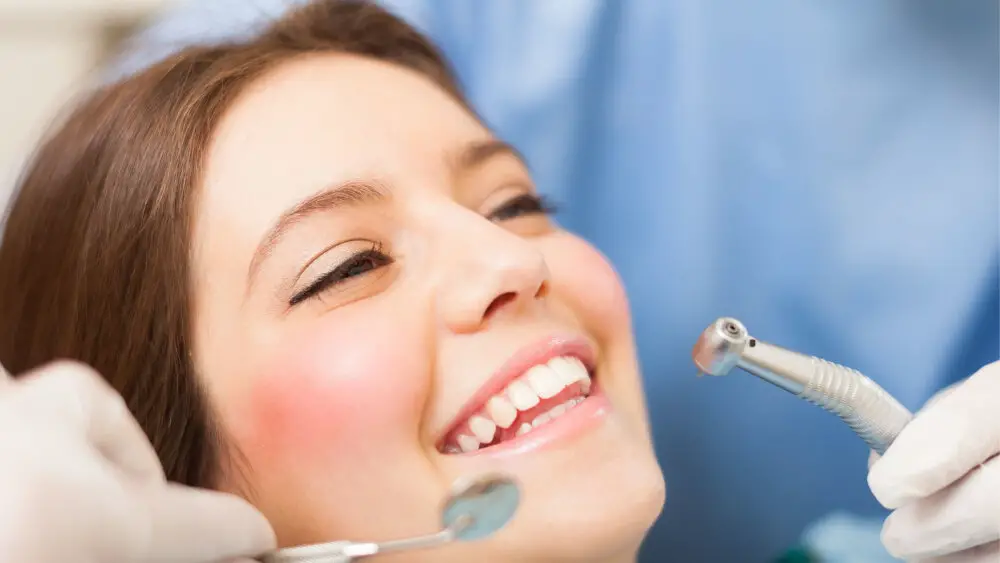
After wisdom teeth removal, smoking can cause complications such as dry socket, a painful condition that occurs when the blood clot that forms in the socket where the tooth was removed becomes dislodged. Therefore, it is recommended to avoid smoking for at least 72 hours after the surgery. This time frame allows the blood clot to form and stabilize, reducing the risk of complications. It is important to note that this also includes other forms of smoking, such as vaping or using tobacco products. Additionally, smoking can also delay the healing process and increase the risk of infection. The chemicals in cigarettes can reduce blood flow and oxygen to the surgical site, which can impede healing. Therefore, it is best to wait longer than 72 hours before smoking to ensure a full recovery. Your dentist or oral surgeon may recommend a longer period of abstinence, depending on the individual case. It is important to follow their instructions and avoid smoking until they give the green light.
There are varying opinions on how long to wait before smoking after wisdom teeth removal. Some dentists recommend waiting at least 72 hours, while others suggest waiting up to a week or more. This is due to the fact that smoking can delay the healing process and increase the risk of complications such as dry socket. Additionally, the suction created while smoking can dislodge blood clots, which are essential for proper healing. Ultimately, it is important to follow the specific instructions given by your dentist or oral surgeon to ensure proper healing and minimize the risk of complications.
The appropriate waiting period after wisdom teeth removal before smoking can vary depending on the individual and the complexity of the extraction. However, it is generally recommended to wait at least 48-72 hours before smoking to allow proper healing of the surgical site. Smoking can delay the healing process, increase the risk of infection, and cause dry socket, a painful condition where the blood clot is dislodged from the socket. It is also important to avoid any type of suction, including using straws and vaping, as this can also dislodge the blood clot and delay healing. Following the recommended waiting period and avoiding smoking altogether during the healing process can greatly reduce the risk of complications and promote successful healing.
Alternatives to Smoking
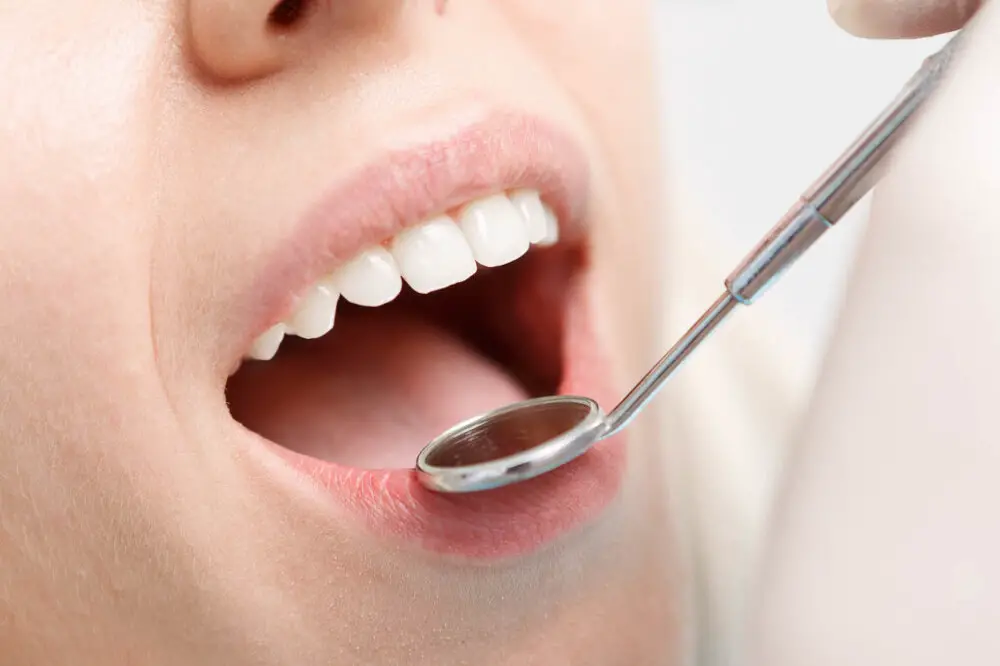
Smoking is a harmful habit that can cause various health issues, including lung cancer, heart disease, and respiratory problems. If you have recently undergone wisdom teeth removal surgery, it is important to avoid smoking for a few days or until the healing process is complete. However, quitting smoking altogether is the best decision you can make for your health. There are several alternatives to smoking that can help you kick the habit and reduce your risk of developing health problems. One of the most effective alternatives to smoking is vaping. Electronic cigarettes or vaping devices use e-liquids that contain nicotine and other flavorings. While there is still some debate about the long-term health effects of vaping, it is generally considered to be a safer and healthier alternative to smoking. Another alternative to smoking is nicotine replacement therapy, which includes nicotine patches, gum, lozenges, and inhalers. These products can help you manage your nicotine cravings and reduce your dependence on cigarettes.
There are several options available for coping with nicotine cravings after wisdom teeth removal. Firstly, nicotine replacement therapies like patches, gums, and lozenges can be used to manage cravings. In addition, distracting oneself with activities such as exercise or meditation can help to shift focus away from the desire to smoke. Another option is to seek support from friends, family, or a support group to help stay accountable and motivated to resist the urge to smoke. Lastly, avoiding triggers such as alcohol or stressful situations can help to minimize cravings. It’s important to remember that smoking can delay the healing process and increase the risk of complications, so finding effective ways to cope with cravings is crucial.
Avoiding smoking during the healing process after wisdom teeth removal can have numerous benefits. Smoking can delay the healing process, increase the risk of infection, and cause dry sockets. The chemicals in cigarettes can interfere with blood flow and hinder the formation of blood clots, which are essential for the healing process. Additionally, smoking can cause the gums to dry out, which can lead to discomfort and pain. Therefore, patients who avoid smoking during the healing process can expect a faster and smoother recovery, with less pain and discomfort. Moreover, quitting smoking altogether can bring significant health benefits, reducing the risk of cancer, heart disease, and other health problems.
Tips for a Successful Recovery
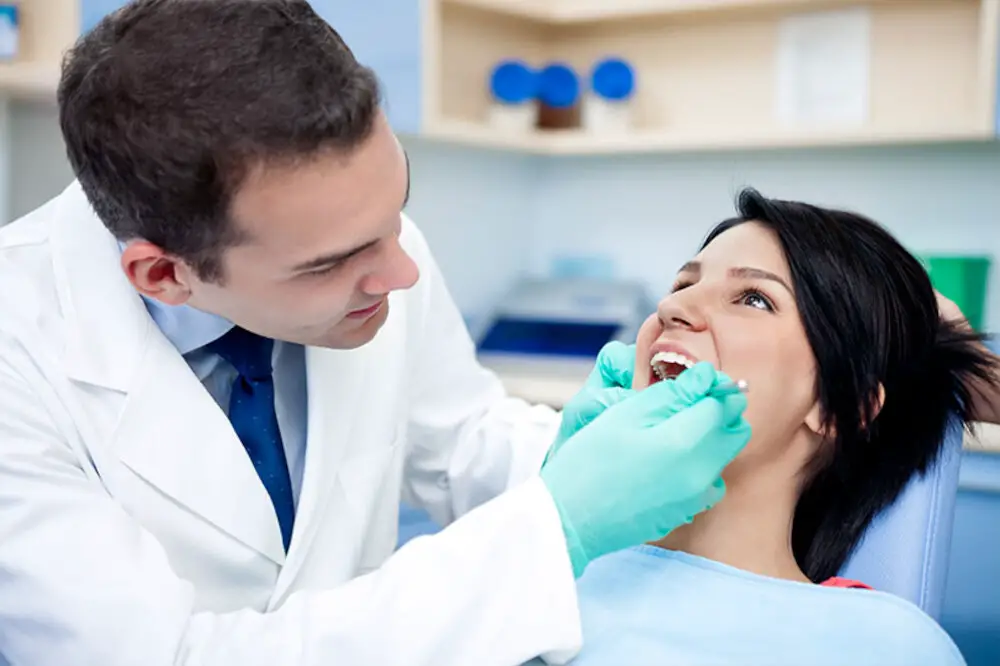
Recovering from wisdom teeth removal can be a challenging and uncomfortable experience. However, following certain tips can make the recovery process smoother and more successful. Firstly, it is important to rest and avoid physical activity for the first few days after surgery. This will help reduce swelling, pain, and the risk of bleeding. It is recommended to take at least 2-3 days off work or school to allow your body time to heal. Secondly, maintaining a healthy diet is crucial for a successful recovery. Stick to soft, cool, and easy-to-chew foods such as smoothies, mashed potatoes, and soup. Avoid hot and spicy foods, as well as crunchy or hard foods, which can irritate the surgical site. It is also important to stay hydrated by drinking plenty of water and avoiding alcohol and caffeine, which can slow down the healing process. Following these simple tips can help ensure a successful recovery after wisdom teeth removal.
During the healing period after wisdom teeth removal, it is important to follow certain dos and don’ts. Dos include keeping the surgical area clean by rinsing gently with saltwater, taking prescribed pain medications as directed, and eating soft foods that are easy to chew. Additionally, it is recommended to rest and avoid strenuous activities, as well as using an ice pack to reduce swelling. On the other hand, don’ts include smoking or using tobacco products, as this can delay the healing process and increase the risk of infection. It is also important to avoid using straws, as the suction can dislodge the blood clot, leading to a painful condition called dry socket. By following these guidelines, patients can promote proper healing and reduce the risk of complications after wisdom teeth removal.
Following postoperative instructions after any surgical procedure, including wisdom teeth removal, is crucial for a successful recovery. These instructions are designed to minimize the risk of complications and promote healing. Ignoring or disregarding these instructions can lead to a delay in healing, increased pain, and even infection. It is essential to follow your dentist’s advice on when to resume activities like smoking, as smoking can increase the risk of dry socket, a painful condition that occurs when the blood clot in the extraction site is dislodged. By adhering to the postoperative instructions, you can ensure a smooth recovery and a speedy return to your normal activities.
After undergoing wisdom teeth removal, it is highly recommended to avoid smoking for at least 72 hours to minimize the risk of developing complications such as infections, dry sockets, and delayed healing. This is due to the fact that smoking can constrict blood vessels and decrease blood flow, which can impede the body’s natural healing process. Furthermore, smoking can also introduce harmful chemicals and bacteria into the open wounds, increasing the likelihood of infection. It is important to follow the advice of your dentist or oral surgeon and prioritize your oral health by avoiding smoking and other activities that may hinder the recovery process.
Taking care during the healing process after wisdom teeth removal is crucial to avoid complications. Smoking, for example, can delay the healing process by reducing blood flow to the surgical site. This can lead to a dry socket, a painful condition where the blood clot that forms in the socket is dislodged or dissolved, exposing the underlying bone and nerve endings. Other complications that can arise from not taking proper care during healing include infection, excessive bleeding, and prolonged pain. Therefore, it is important to follow the post-operative instructions given by the dentist or oral surgeon, which may include avoiding smoking, using ice packs, taking pain medication, and eating soft foods. By taking these precautions, patients can ensure a speedy and successful recovery after wisdom teeth removal.
Conclusion
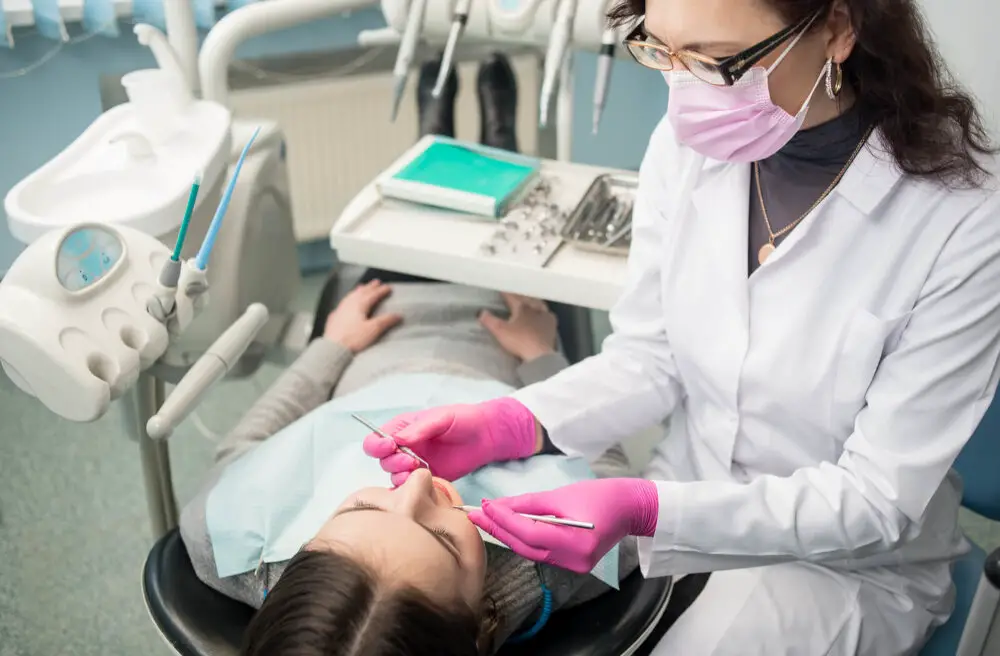
In conclusion, it is crucial to follow the expert advice of waiting at least 72 hours after wisdom teeth removal before smoking. This waiting period allows the necessary time for the blood clots to form and the healing process to begin. Ignoring this advice can lead to complications, including dry socket, infection, and delayed healing. It is essential to prioritize your oral health and follow the post-operative instructions provided by your dentist or oral surgeon. By doing so, you can ensure a smooth and successful recovery and avoid any unnecessary pain or discomfort. Remember, patience and self-discipline are key when it comes to smoking after wisdom teeth removal.
